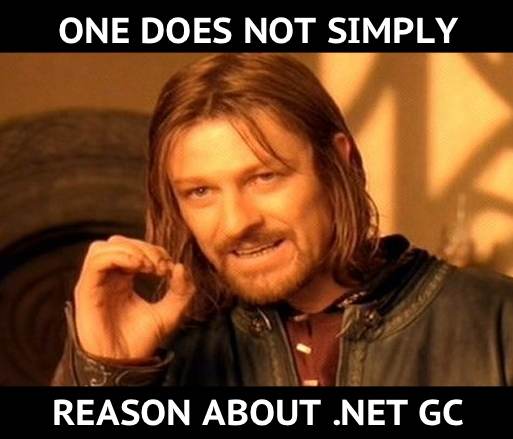I have avoided seriously trying F# for years now, mainly because:
- F# was described as a “functional programming language”, and I didn’t know FP. I was keen to learn FP, but prioritised learning more about OO design and patterns that seemed more immediately applicable to my everyday work.
- The syntax looked really confusing.
- Whenever I heard F# mentioned it was in the same breath as “financial data processing” or some other niche area that seemed to have little to do with the types of applications I wrote.
I carried these hastily-acquired preconceptions around for years, until this year I needed to do a small application for work, and decided to try it in F#. To my surprise I found that none of these preconceptions were valid! What’s more, I actually quite enjoyed it. F# seemed to let me do everything I would normally do in C#, only with less code, and with more powerful features waiting in the wings should I want to dabble with them.
So in this post I wanted to go through why these assumptions were false, just in case they are holding you back too. I think F# is well worth trying out for every developer that does anything with .NET, but rather than trying to sell you on why you should try F#, I’m going to focus on the reasons you may think that you shouldn’t, and trust your natural developer curiosity to do the rest. ;)

